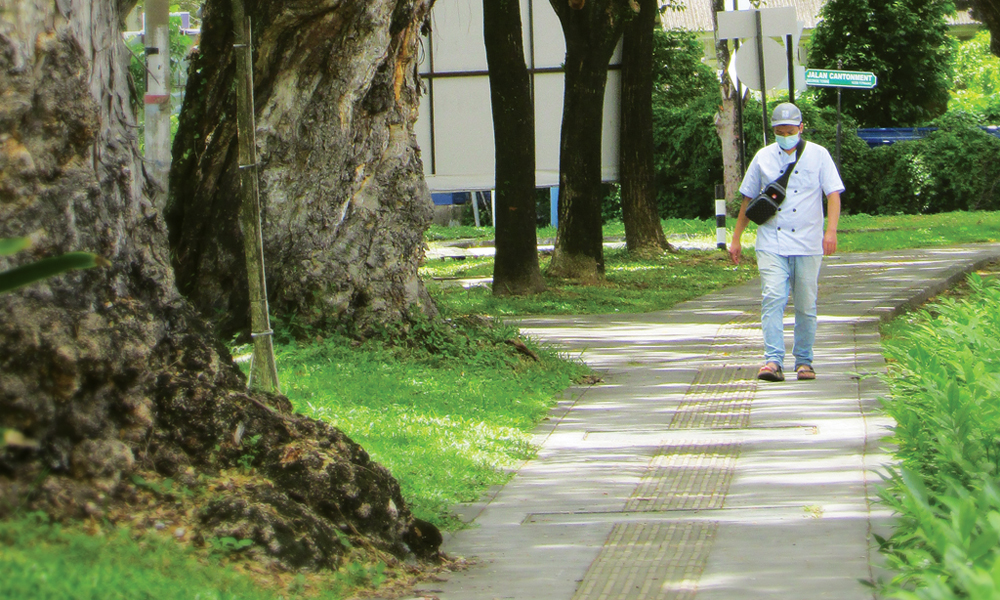
The Future of Tourism—Only as Bright as We Make It
3 min read
SINCE INTERNATIONAL TRAVEL became possible post-Covid, I have, for various reasons, been staying in at least five countries for substantial periods of time, inc...










.jpg)

